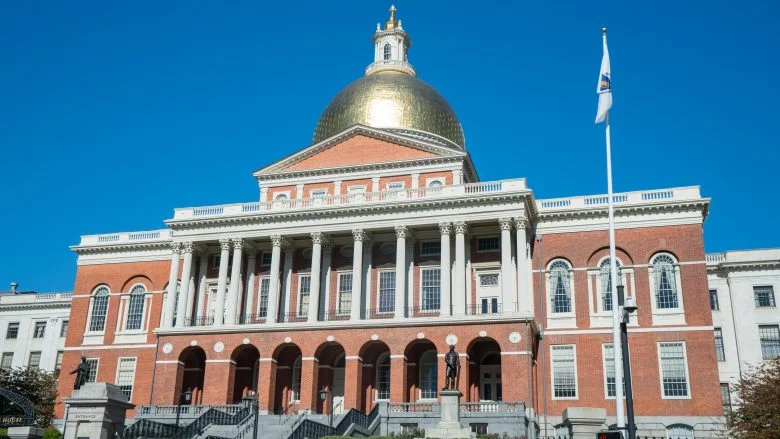A report released by the St. Louis County Family Court shows that the court is making progress in addressing racial disparities for young people in the justice system, complying with a court order by the U.S. Department of Justice in 2015.
Our Vision
The Michigan Juvenile Detention Association will continue to be a national leader in promoting and sustaining of exemplary juvenile detention, residential treatment, and community based services for youth and their families.
Our Mission
The Michigan Juvenile Detention Association is committed to the highest standard of professional ethics, overall excellence in the care and custody of youth, and the provision of services to their families.




















